Fluid dynamics assume a pivotal role in the seamless functioning of industrial machinery, where the paramount factors are the efficiency and reliability of hydraulic systems. In the intricate dance of liquids within pipelines and chambers, precision becomes a critical factor in ensuring optimal performance and longevity of equipment. As industries evolve, the demand for accurate monitoring of fluid dynamics, especially in hydraulic systems, has become increasingly pronounced. The ability to track and analyze hydraulic fluid parameters is not just a matter of operational efficiency; it is a key element in preventing costly breakdowns, enhancing productivity, and extending the lifespan of critical machinery.
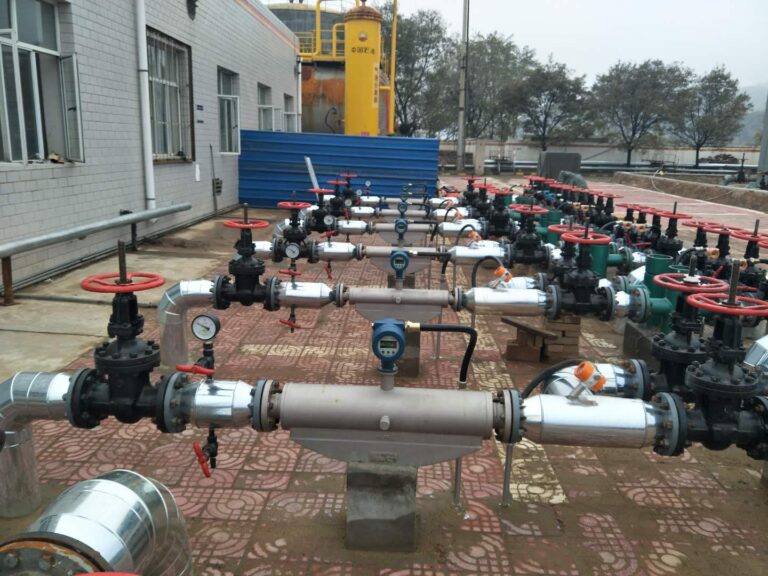
Enter the realm of Coriolis mass flow meters, an innovative solution poised to revolutionize hydraulic oil monitoring. These advanced devices leverage the Coriolis effect, a fundamental principle of physics, to measure the mass flow rate of liquids with exceptional accuracy. As we delve into the intricate world of fluid dynamics, the Coriolis mass flow meter emerges as a sophisticated tool capable of providing precise and real-time insights into hydraulic systems. In this article, we aim to explore the significance of precision fluid dynamics in industrial applications, underscoring the pivotal role played by Coriolis mass flow meters in achieving this precision, particularly in the context of hydraulic oil monitoring.
Understanding Coriolis Mass Flow Meters
In the realm of fluid dynamics, Coriolis mass flow meters stand as technological marvels, harnessing the fundamental principles of the Coriolis effect to provide unparalleled accuracy in measuring liquid mass flow rates. At their core, these meters capitalize on the Coriolis effect, a phenomenon arising from the rotation of the Earth, which imparts an apparent force on moving objects.
The working mechanism of Coriolis mass flow meters is elegantly simple yet remarkably precise. As fluid flows through a vibrating tube, the Coriolis effect induces a measurable distortion in the tube’s oscillation. This distortion is directly proportional to the mass flow rate of the fluid, allowing for a direct and real-time determination of the liquid’s mass.
The advantages of employing Coriolis mass flow meters in fluid dynamics are manifold. Unlike traditional flow measurement techniques, Coriolis meters are usually not affected by changes in temperature, pressure, or fluid composition. This inherent robustness ensures consistent and reliable measurements across a spectrum of industrial conditions. Moreover, Coriolis meters offer high accuracy, enabling industries to achieve precise control over their processes, leading to enhanced efficiency, reduced waste, and prolonged equipment lifespan. In summary, the incorporation of Coriolis mass flow meters marks a paradigm shift in fluid dynamics, promising not just measurement, but an unprecedented level of precision and reliability in monitoring liquid flows.
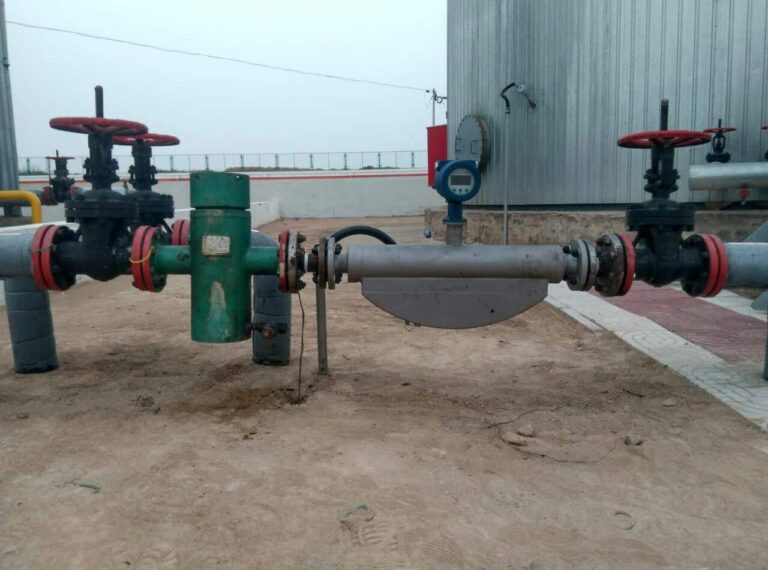
Significance of Hydraulic Oil Monitoring
Hydraulic oil serves as the lifeblood of industrial machinery, playing a critical role in ensuring the seamless operation of hydraulic systems. Recognizing the importance of hydraulic oil monitoring is crucial for industries aiming to improve efficiency, minimize downtime, and prolong the lifespan of their equipment.
Role of Hydraulic Oil in Industrial Machinery
Hydraulic oil serves a multifaceted role in industrial machinery, acting as both a lubricant and a power transfer medium. It facilitates the smooth operation of hydraulic components, minimizing friction and wear, while also transmitting power efficiently. This dual functionality is integral to the performance of heavy-duty machinery such as presses, excavators, and manufacturing equipment, where precise control and reliability are imperative for operational success.
Importance of Maintaining Optimal Hydraulic Fluid Levels:
Sustaining the health and functionality of hydraulic systems is contingent upon maintaining optimal hydraulic fluid levels. Inadequate levels can induce heightened friction, heat generation, and accelerated component wear. Conversely, surplus fluid may lead to foaming, decreased efficiency, and potential leakage problems. Precision monitoring and control of hydraulic fluid levels are essential to ensure the system operates within defined parameters, thereby optimizing performance and mitigating the risk of equipment failure.
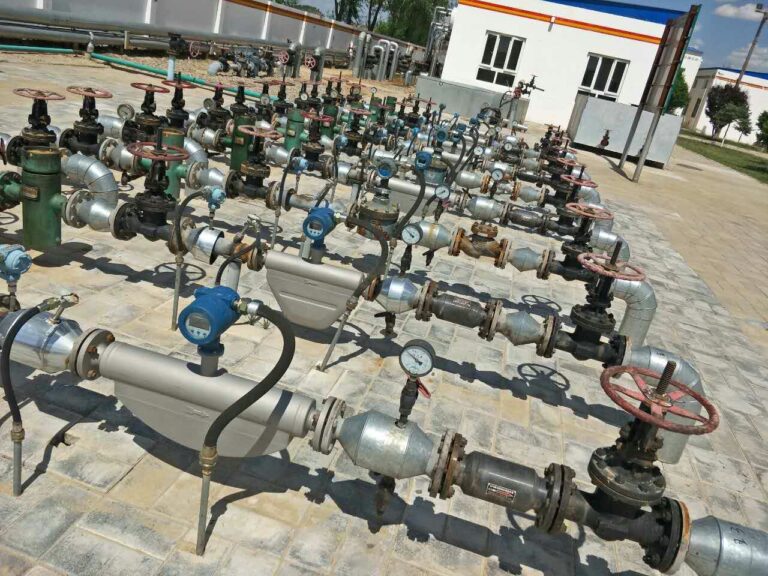
Challenges in Hydraulic Oil Monitoring and Measurement:
Despite the vital role of hydraulic oil, monitoring and measuring its parameters pose significant challenges. Traditional methods often lack the precision required for modern industrial applications, leading to inaccurate readings and potential mismanagement of fluid levels. Factors such as temperature variations, contamination, and the complex nature of hydraulic systems further complicate accurate monitoring. The inability to address these challenges in a timely manner may result in unforeseen breakdowns, increased maintenance costs, and decreased overall efficiency.
In light of these challenges, the significance of advanced hydraulic oil monitoring technologies becomes evident. Implementing precise monitoring solutions, such as Coriolis mass flow meters, allows industries to overcome these challenges, ensuring optimal fluid levels, reducing downtime, and safeguarding the longevity of their vital machinery. As we explore the intricate landscape of hydraulic oil monitoring, the quest for accuracy emerges as a linchpin in the pursuit of operational excellence in industrial settings.
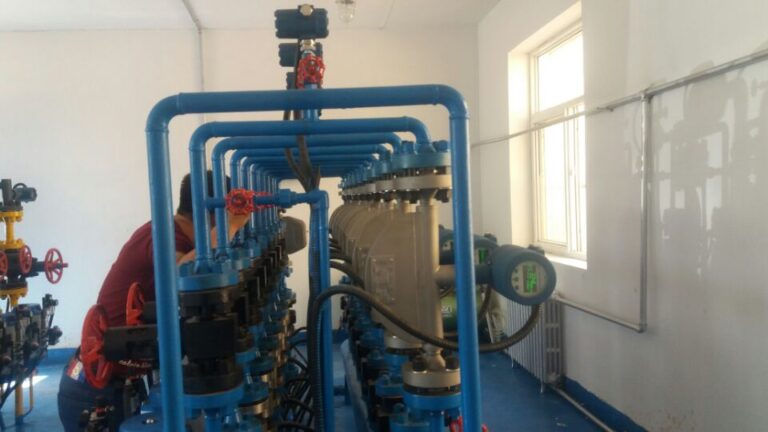
Precision Fluid Dynamics in Hydraulic Systems
Overview of Precision Fluid Dynamics:
Precision fluid dynamics in hydraulic systems marks a transformative approach, emphasizing the meticulous control and understanding of liquid behaviors within complex machinery. It involves the precise management of fluid parameters to optimize performance, enhance efficiency, and mitigate potential issues. As industries evolve, the demand for precision in fluid dynamics becomes imperative, shaping the landscape of how hydraulic systems operate.
The Role of Advanced Technologies in Achieving Precision:
The journey towards precision in fluid dynamics is intrinsically tied to advancements in technology. Cutting-edge technologies provide the tools necessary to monitor, measure, and control fluid parameters with unprecedented accuracy. From sophisticated sensors to advanced analytics, these technologies enable industries to navigate the intricacies of hydraulic systems in real-time, facilitating dynamic adjustments for optimal performance.
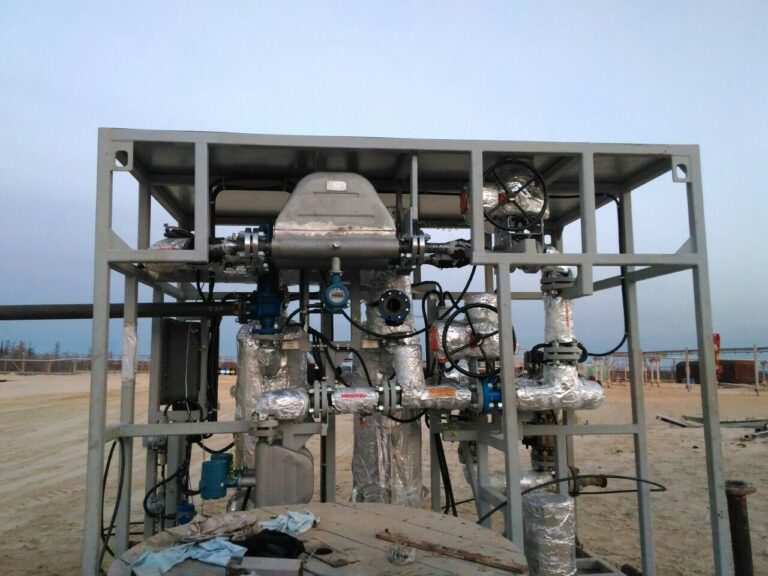
Coriolis Mass Flow Meters as a Key Component in Precision Fluid Dynamics:
At the forefront of achieving precision in hydraulic fluid dynamics are Coriolis mass flow meters. These instruments, utilizing the Coriolis effect, offer a level of accuracy that goes beyond traditional flow measurement methods. By directly measuring mass flow rates, Coriolis meters provide real-time insights into fluid behaviors, making them a pivotal component in achieving precision within hydraulic systems. Their ability to withstand diverse industrial conditions, compatibility with various fluids, and resistance to external factors positions Coriolis mass flow meters as indispensable tools for industries striving for excellence in precision fluid dynamics.
Features and Capabilities of Advanced Coriolis Mass Flow Meters
Coriolis mass flow meters, heralded for their innovation in fluid dynamics, exhibit a spectrum of features and capabilities that position them as unparalleled tools in industrial settings.
High-Precision Measurements
A hallmark of advanced Coriolis mass flow meters lies in their capacity to deliver high-precision measurements. Leveraging the Coriolis effect, these meters directly assess the mass flow rate of fluids with remarkable accuracy. This precision transcends traditional flow measurement methods, offering industries the ability to obtain real-time, precise data on fluid dynamics. Such precision is paramount in processes where minute variations can impact efficiency, product quality, and overall system performance.
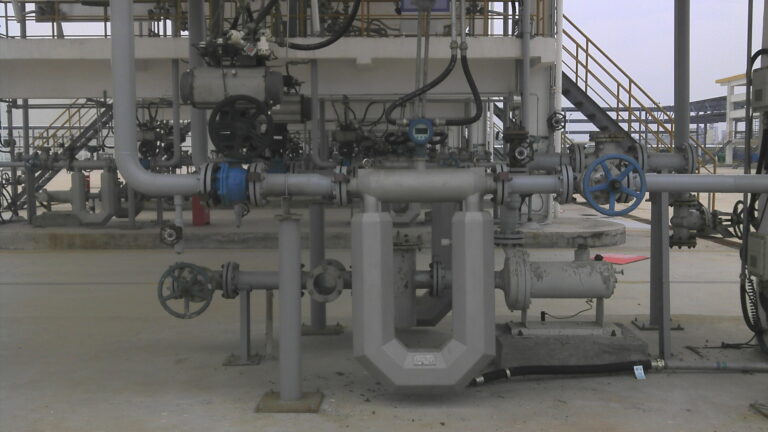
Real-time Monitoring Capabilities
In the dynamic landscape of industrial operations, real-time monitoring is a game-changer. Coriolis mass flow meters excel in providing instantaneous feedback on fluid flow rates, enabling industries to make prompt and informed decisions. This capability is invaluable in scenarios where rapid adjustments are necessary to maintain optimal conditions, prevent equipment damage, and ensure continuous productivity. Real-time monitoring with Coriolis meters enhances operational agility and responsiveness.
Compatibility with Various Hydraulic Fluids
Versatility is a defining trait of advanced Coriolis mass flow meters. These devices exhibit a high degree of compatibility with various hydraulic fluids, accommodating differences in viscosity, temperature, and composition. Whether dealing with hydraulic oils, coolants, or other specialized fluids, Coriolis meters maintain accuracy across diverse applications. This adaptability allows industries to employ a standardized solution for fluid monitoring, streamlining processes and reducing the need for multiple measurement systems.
Robustness and Reliability in Industrial Environments:
Coriolis mass flow meters are engineered to thrive in challenging industrial environments. With a sturdy build and resilient materials, they exhibit resistance to corrosion, abrasion, and harsh operating conditions. This resilience ensures longevity and minimizes downtime, contributing to overall system reliability. The meters’ ability to withstand harsh environments makes them an ideal choice for industries where durability and sustained performance are non-negotiable.
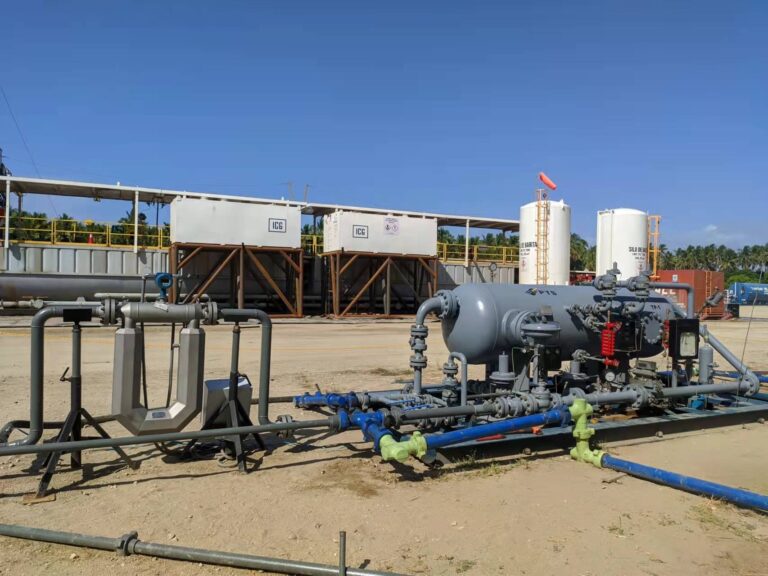
Applications of Coriolis Mass Flow Meters in Hydraulic Oil Monitoring
Monitoring Hydraulic Oil Consumption
Coriolis mass flow meters prove indispensable in monitoring hydraulic oil consumption, providing real-time insights into the exact amount of fluid flowing through the system. This capability allows industries to precisely track oil usage, facilitating informed decision-making for replenishment and reducing the risk of unexpected shortages. By maintaining optimal oil levels, industries enhance the efficiency of hydraulic systems, prevent downtime, and extend the operational life of machinery.
Detecting and Preventing Leaks in Hydraulic Systems
Coriolis mass flow meters serve as vigilant sentinels in hydraulic systems, detecting deviations in fluid flow that may signal potential leaks. Unusual variations in flow rates trigger alarms, prompting swift intervention to prevent further damage. This proactive approach not only safeguards against environmental hazards caused by leaks but also preserves the integrity of hydraulic components, minimizing repair costs and preventing unscheduled downtime.
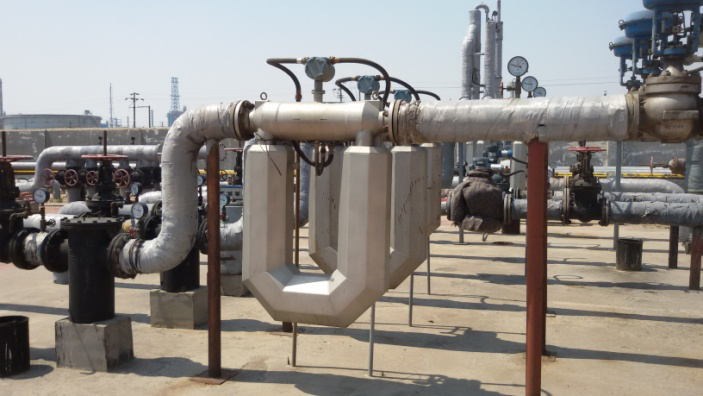
Optimizing Maintenance Schedules Based on Accurate Data
Accurate data provided by Coriolis mass flow meters becomes the cornerstone for optimizing maintenance schedules. By understanding the precise condition of hydraulic oil and the overall system, industries can implement preventative maintenance strategies. This strategic approach minimizes the risk of unexpected failures, reduces downtime, and optimizes the utilization of resources. Coriolis mass flow meters empower industries to shift from reactive to proactive maintenance practices, ensuring the continuous and reliable operation of hydraulic systems.
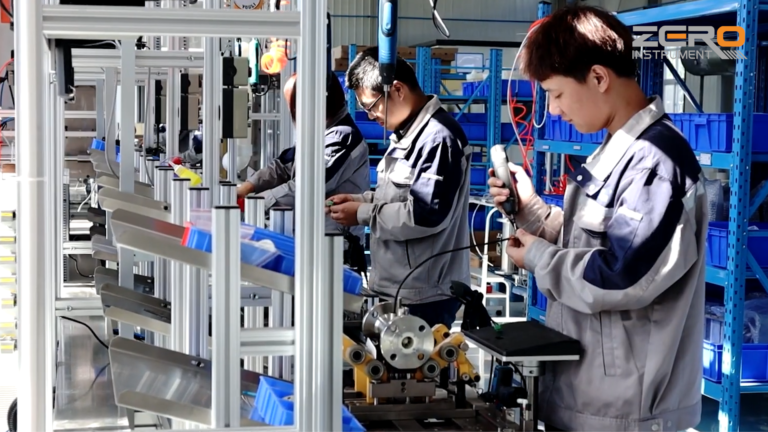
Conclusion
In conclusion, the Precision Fluid Dynamics Advanced Coriolis Mass Flow Meter stands as a pivotal innovation in hydraulic oil monitoring. Its unparalleled precision and efficiency redefine industry standards, offering a reliable solution for accurate fluid dynamics measurement. This state-of-the-art technology not only boosts operational efficiency but also guarantees the optimal functioning and extended lifespan of hydraulic systems. By providing real-time, high-precision data, this meter empowers industries to make informed decisions, preemptively addressing potential issues and minimizing downtime.
